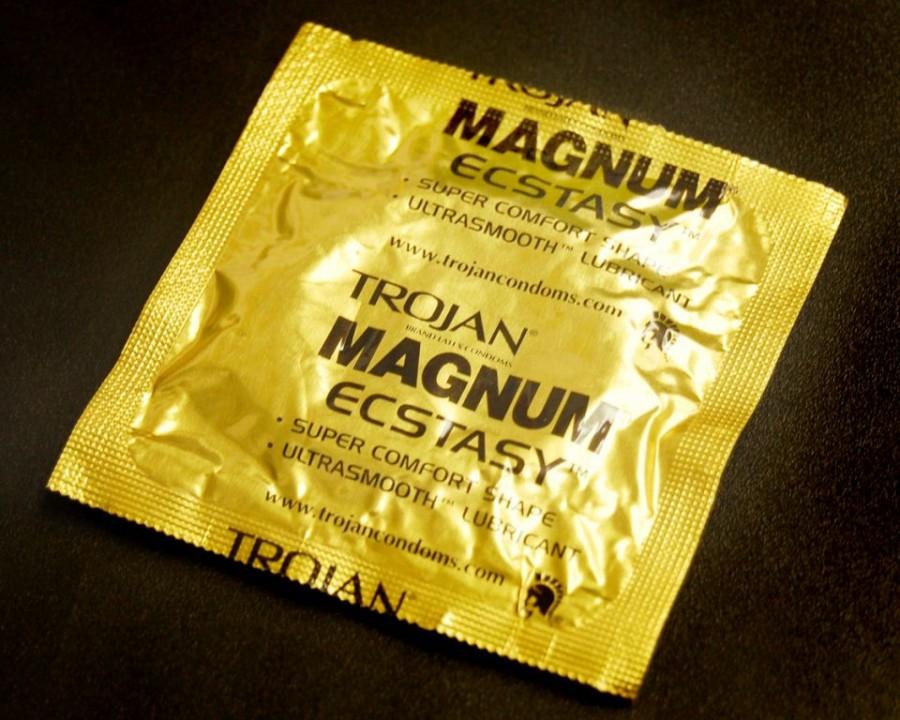A survey to combat the chronic lack of information about the sexual, physical and mental health of students at Francis Marion University will end on Sunday.
Problems such as unplanned pregnancies and sexually transmitted diseases are not uncommon amongst the campus, but with limited statistical data the effectiveness of strategies to combat these issues is unknown.
“We are going by anecdotal evidence,” Karen Thompson, the Women’s Health Nurse and Assistant Professor of Nursing, said. “The more quality data we have, the better the programs we can offer to help students.”
The anonymous online survey, which students are still being encouraged to take, was modified by Thompson from a university in Minnesota and the Centers for Disease Control and Prevention.
The even split of demographics with FMU students is expected to yield interesting results, as other similar studies have focused primarily on Caucasians.
“Students are not children anymore,” Thompson said. “They have natural urges and drives, and a moment of pleasure has lifelong effects. Some things I can treat, others I can’t.”
The Health Services, located on East Palmetto Street just past the intersection with Francis Marion Road, provides free consultations and discounted rates for pharmaceuticals for students.
Last year the Health Services saw 10 students about unplanned pregnancies, treated eight students for herpes, three for gonorrhoea/chlamydia and three for human papillomavirus (HPV).
At least 50 percent of sexually active people will contract HPV in their lifetime, and with a student population over 4,000, many of whom are exploring their sexuality, the likelihood of more students being infected is high.
Unplanned pregnancies have had serious repercussions.
From 2004 to 2009 single parent families increased from 35 percent to 41 percent. In the under-twenty age group, however, the figure stood at 80 percent. Most were females who then ended up in poverty as they struggled to support themselves and their children.
Some of those who had abortions suffered emotional trauma from the loss of the pregnancy.
Sexual health education in South Carolina, though it has improved over the past 20 years, has largely been based on abstinence.
Poor sources, particularly from websites like YouTube, have been spreading false information about safe and effective treatments, such as the Gardisil vaccine which treats HPV.
“We are not here to tell students what to do,” Cecilia Smith, Coordinator of Student Health Services said. “We are here to offer information, to give them choices.”
“Sending students out into the world without all the information [about sexual health] is like sending soldiers out to battle without guns or ammunition,” Mrs. Thompson said. “No one is going to take better care of you than you.”
Once the results of the survey are in, grant money can be applied for to fund initiatives to help students.
